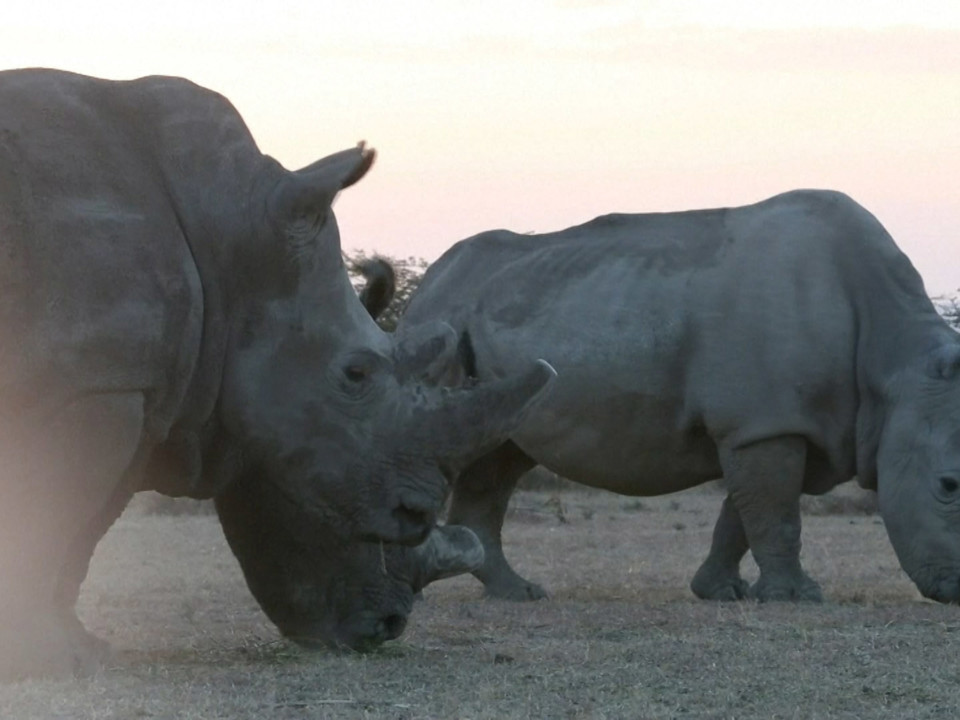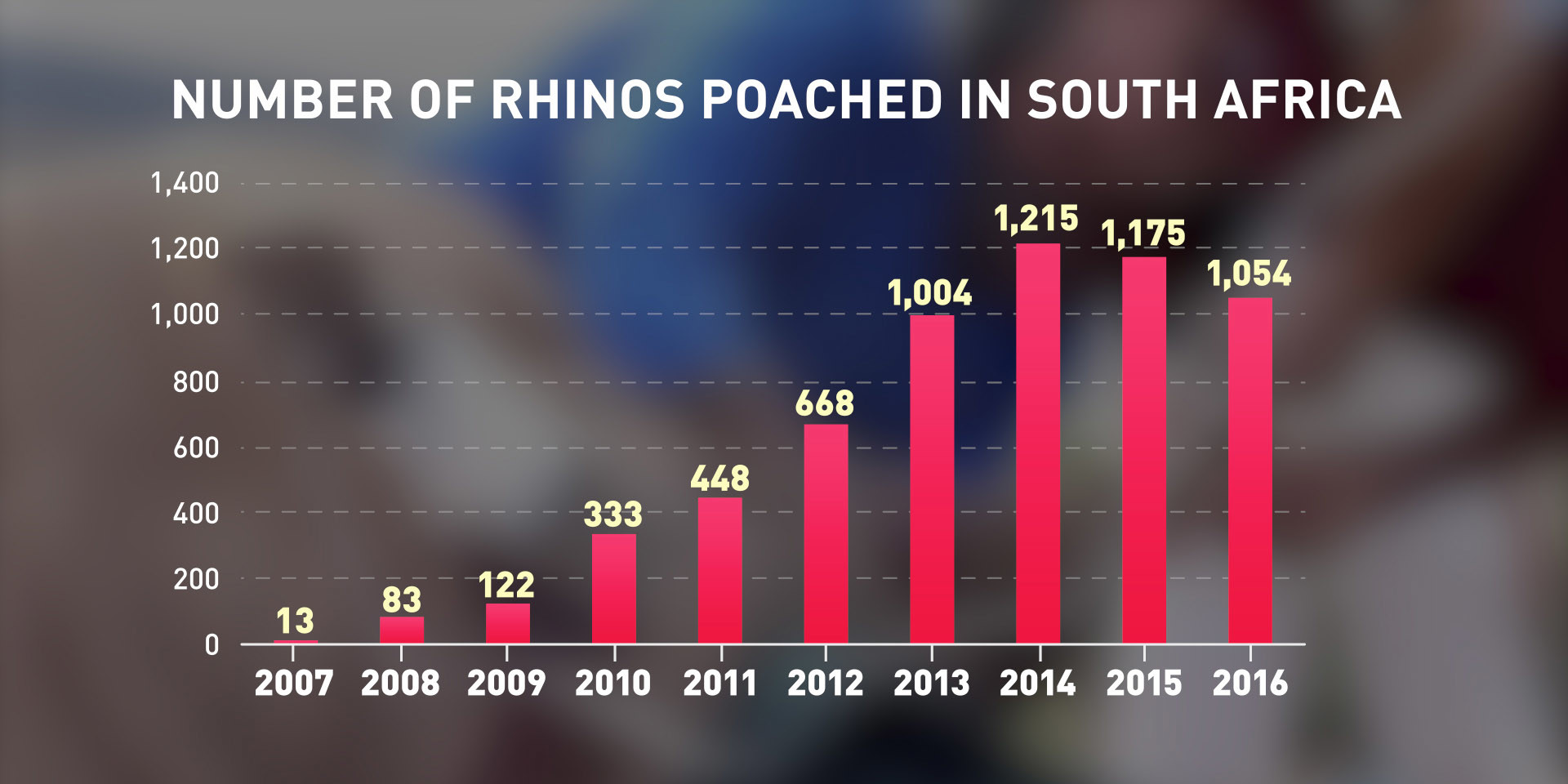South African millionaire John Hume launched the world’s first online auction of rhino horns last month – he says to help save the endangered animal from slaughter. Hume argues that a legal trade in rhino horns is the only way to save the creature from poachers. CGTN America’s Joshua Barlow reports.
He organized the auction after winning a court battle to sell his stockpile of rhino horns to customers in South Africa only.
Critics say he’s encouraging an unethical and deadly trade outside the country.
Hume raised suspicions after creating web pages for the auction in both Vietnamese and Chinese.
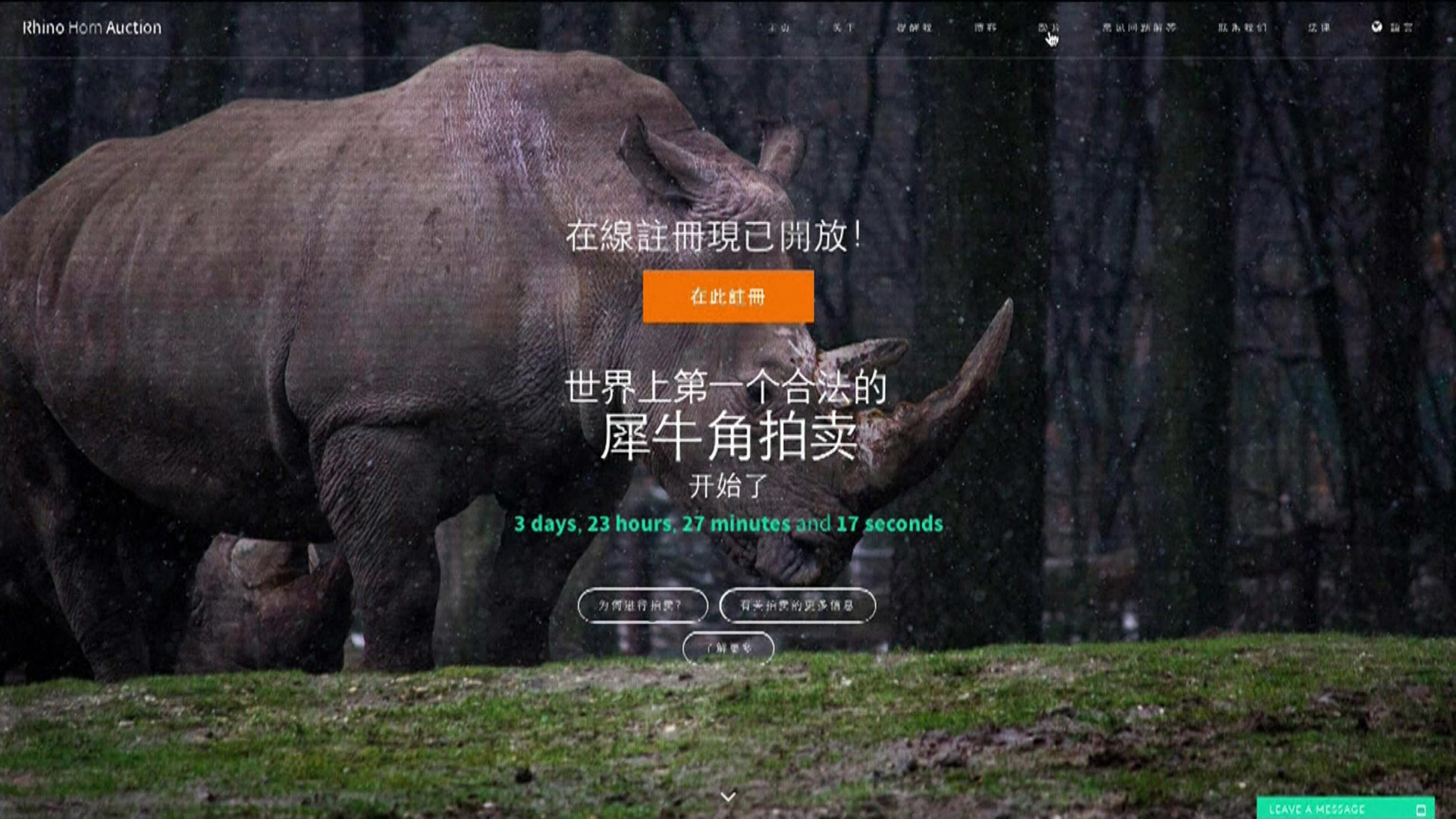
That may be nothing more than targeted marketing. According to wildlife NGO Elephant Action League, the two biggest markets for illegal rhino horn are Vietnam and China.
Michele Pickover, Director of the EMS foundation, an animals rights NGO, says Hume is just concerned about making money.
“John Hume’s agenda is about profit. He has exacerbated the loopholes that we have in our law to trade and farm in rhinos,” Pickover said. “Our Rhinos should be protected rather than farmed commodified and traded. It’s absolutely outrageous.”
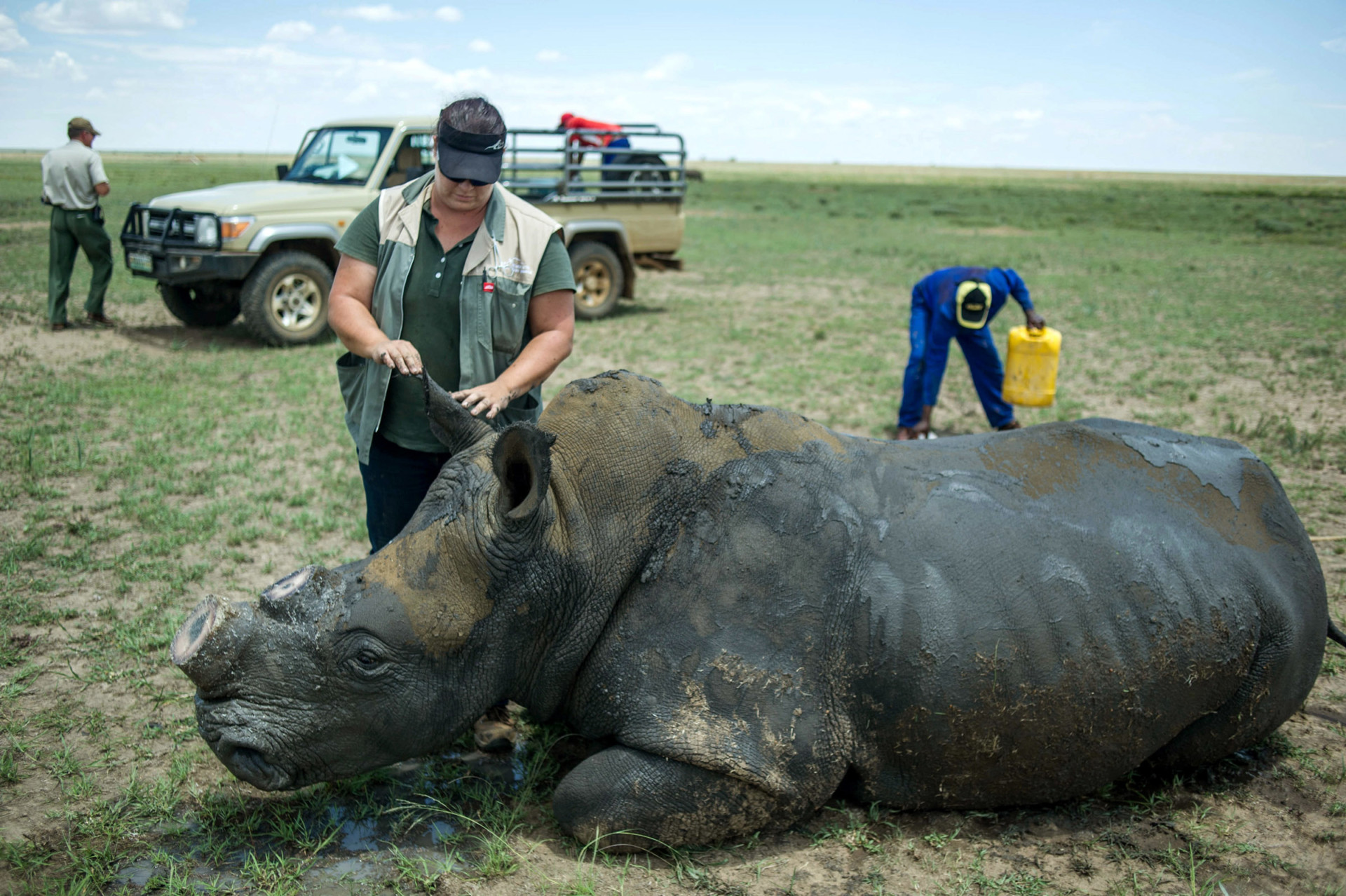
This file photo taken on February 3, 2016 shows a de-horned rhino slowly waking up after his horn was trimmed at John Hume’s Rhino Ranch in Klerksdorp, in the North Western Province of South Africa. (AFP PHOTO / MUJAHID SAFODIEN)
South Africa is home to around 20,000 rhinos. That’s about 80 percent of the world’s population. And they’re all in peril due to the illegal and deadly trade in their horns.
According to South Africa’s Department for Environmental Affairs, poaching rhinos increased more than 8,000 percent in less than a decade. Poachers killed over a thousand rhino in 2016 alone.
Hume runs Buffalo Dream Ranch—in Klerksdorp, outside of Johannesburg. It’s the largest rhino breeding farm in the world and home to over 1,500 rhinos.
For years, Hume has been removing their horns to discourage potential poachers. Rhino horn, unlike elephant ivory, can be removed from live rhinos without harm and will grow back over time.
Hume says the practice is both safe and humane.
Illegal rhino horn fetches up to $3,000 a pound in South Africa, and several times more in Asian black markets, where it’s valued for both decorative and medicinal purposes.
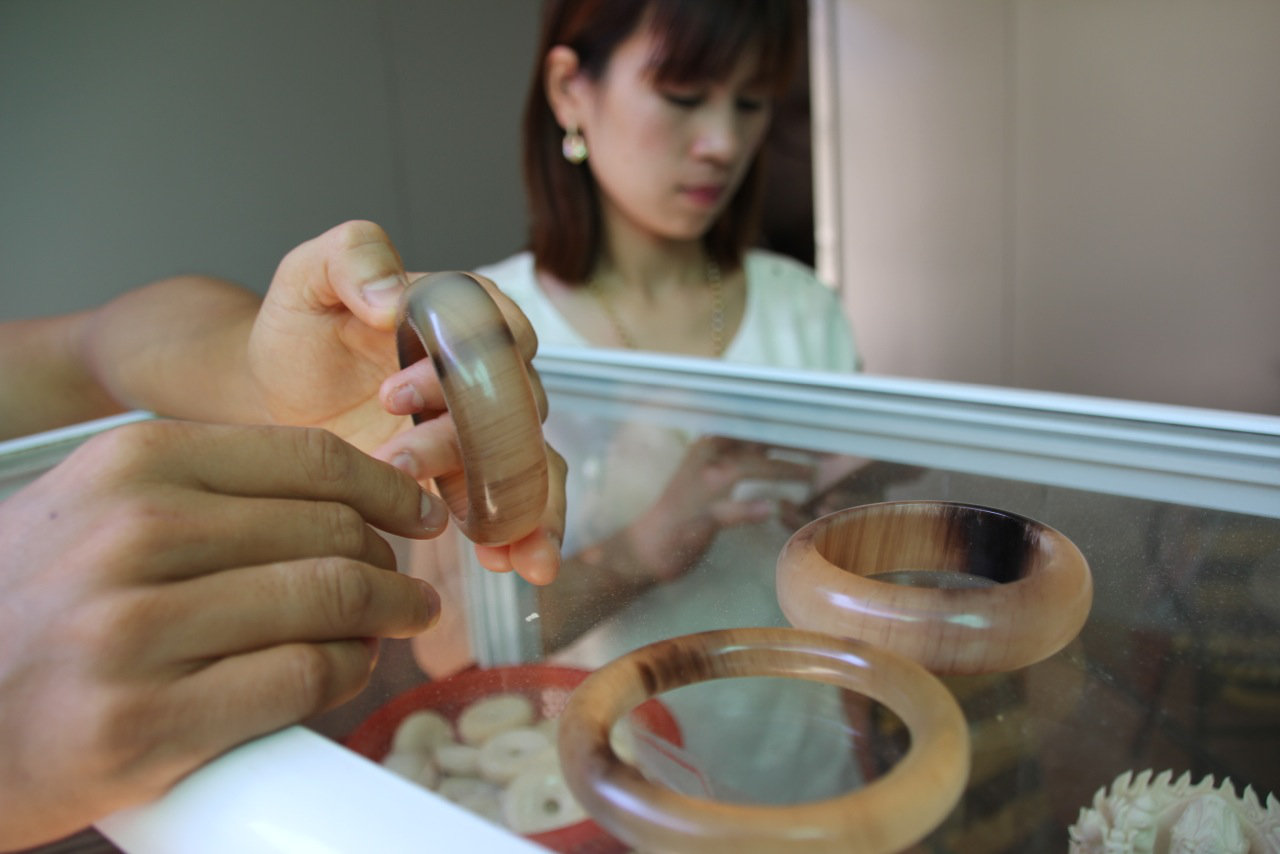
(COURTESY: BUYNORHINO.ORG)
With incentives like that, Hume says he has to spend $170,000 a month on security. A cost Hume says he can’t afford.
“What I am doing here is not sustainable for me. The cost is too huge, there is only one way that I will pay for this cost—that is to sell my rhino horns and to use that money to protect my rhinos.”
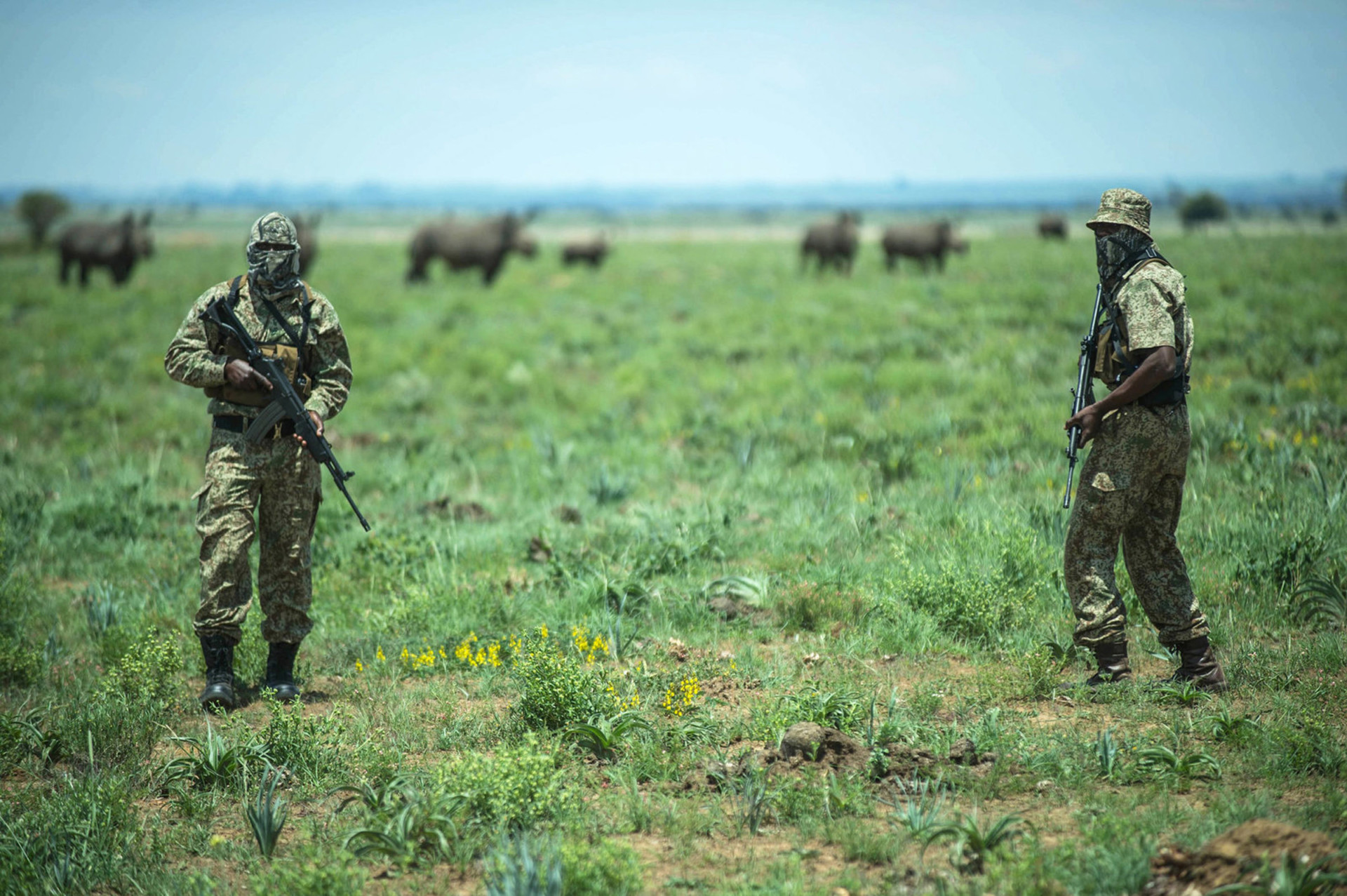
Security at John Hume’s ranch in Klerkdorp, South Africa. (PHOTO: AP)
In April, Hume won a court battle to overturn a South African law banning the domestic sale of rhino horn. Under the new rules, Hume and other registered dealers can sell horn, but only to customers inside South Africa.
He dismisses his critics, claiming an ethical and ‘blood free’ horn trade will prevent the carnage that comes with illegal poaching.
“So to me the people who are stopping me from selling my rhino horns and protecting my rhinos may as well be joined with the poachers because they will kill my rhinos.”
According to National Geographic, Hume says he’s stockpiled around five tons of horn on his ranch, which he someday hopes to sell at $4,500 a pound.
That’s a total of $45 million.
 CGTN America
CGTN America
